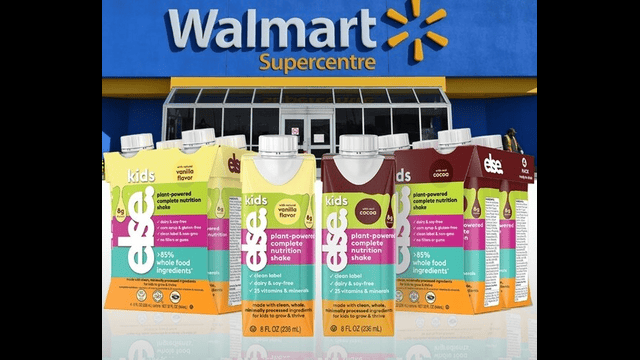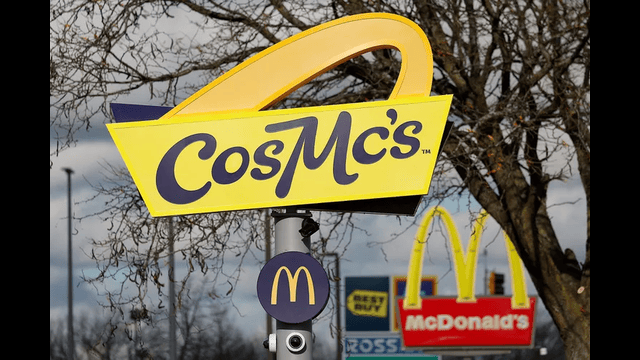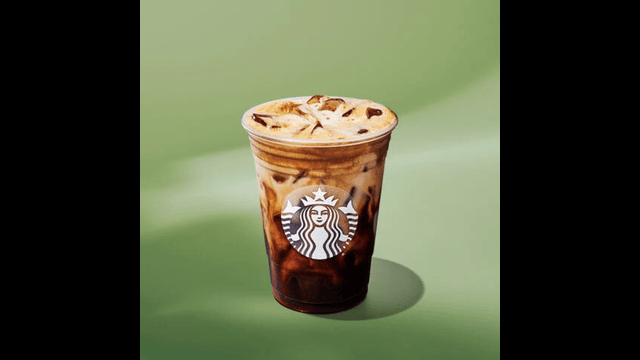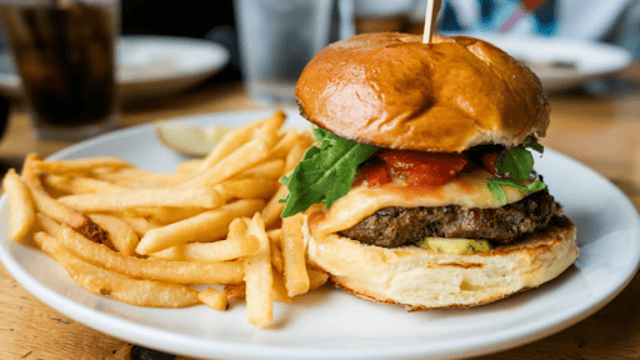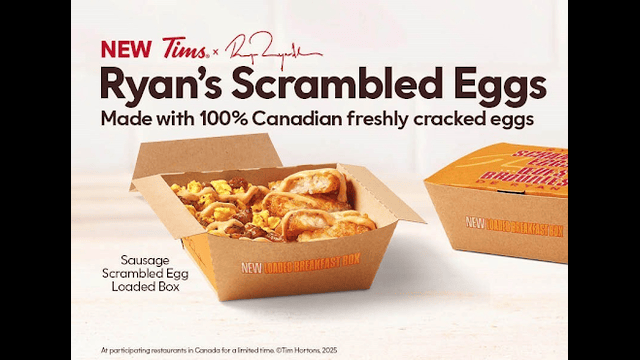
California Considers Banning Flamin' Hot Cheetos and Other Snacks in Schools" Picture credit : google
California is considering a ban on certain snacks commonly found in schools, including Flamin' Hot Cheetos, under a new bill proposed in the state assembly. The bill aims to eliminate foods containing artificial ingredients such as red 40, blue 1, and titanium dioxide from school campuses. Many popular snacks marketed towards children, such as chips and cereals, contain these additives.
Specific Cheetos varieties, notably the spicy Flamin' Hot version, along with other chips like Doritos, contain colorings such as red 40, yellow 5, and yellow 6, all of which would be prohibited under the proposed bill. Additionally, cereals like Froot Loops and Fruity Pebbles contain these artificial dyes, as well as blue 1. Even candies like Jolly Ranchers contain these ingredients.
According to the Center for Science in the Public Interest, some soups, macaroni and cheese brands, and other foods may contain titanium dioxide, a substance that has been a target for advocacy groups seeking its removal from food products due to health concerns.
Current California law mandates that the state's education department adhere to nutritional guidelines when providing food on school grounds. This includes offering free lunch and breakfast to all students from kindergarten through 12th grade. The existing rules stipulate that foods provided to students must fall into categories like fruit, vegetable, dairy, protein, or whole grain items, with standards set for calories, sugars, and fats.
Democratic California Assembly Member Jesse Gabriel is pushing for an amendment to these rules that would prohibit all schools—whether public, charter, or state special schools—from selling or providing foods containing certain artificial ingredients. These ingredients include blue 1, blue 2, green 3, red 40, titanium dioxide, yellow 5, and yellow 6.
Gabriel highlighted health concerns associated with these chemicals, citing links to issues such as DNA damage, cancer, hyperactivity, and neurobehavioral problems in students.
Research, including a 2012 study by the National Institutes of Health, has raised alarms about the potential health risks of these additives. Some have been found to cause cancer in animals, while others have been found to be contaminated with carcinogens or linked to hypersensitivity reactions and cell mutations.
While the Food and Drug Administration (FDA) approves the use of these dyes in foods, it requires evidence of their safety before they are added to products and mandates labeling of these ingredients. However, the FDA has sent warning letters to manufacturers for failing to disclose the use of these additives in certain products.
California previously made headlines in 2023 for becoming the first state to ban four food additives—red dye no. 3, potassium bromate, brominated vegetable oil, and propyl paraben. This move followed similar bans in the European Union on several additives allowed in the U.S., including titanium dioxide, potassium bromate, brominated vegetable oil, azodicarbonamide, and propylparaben.





